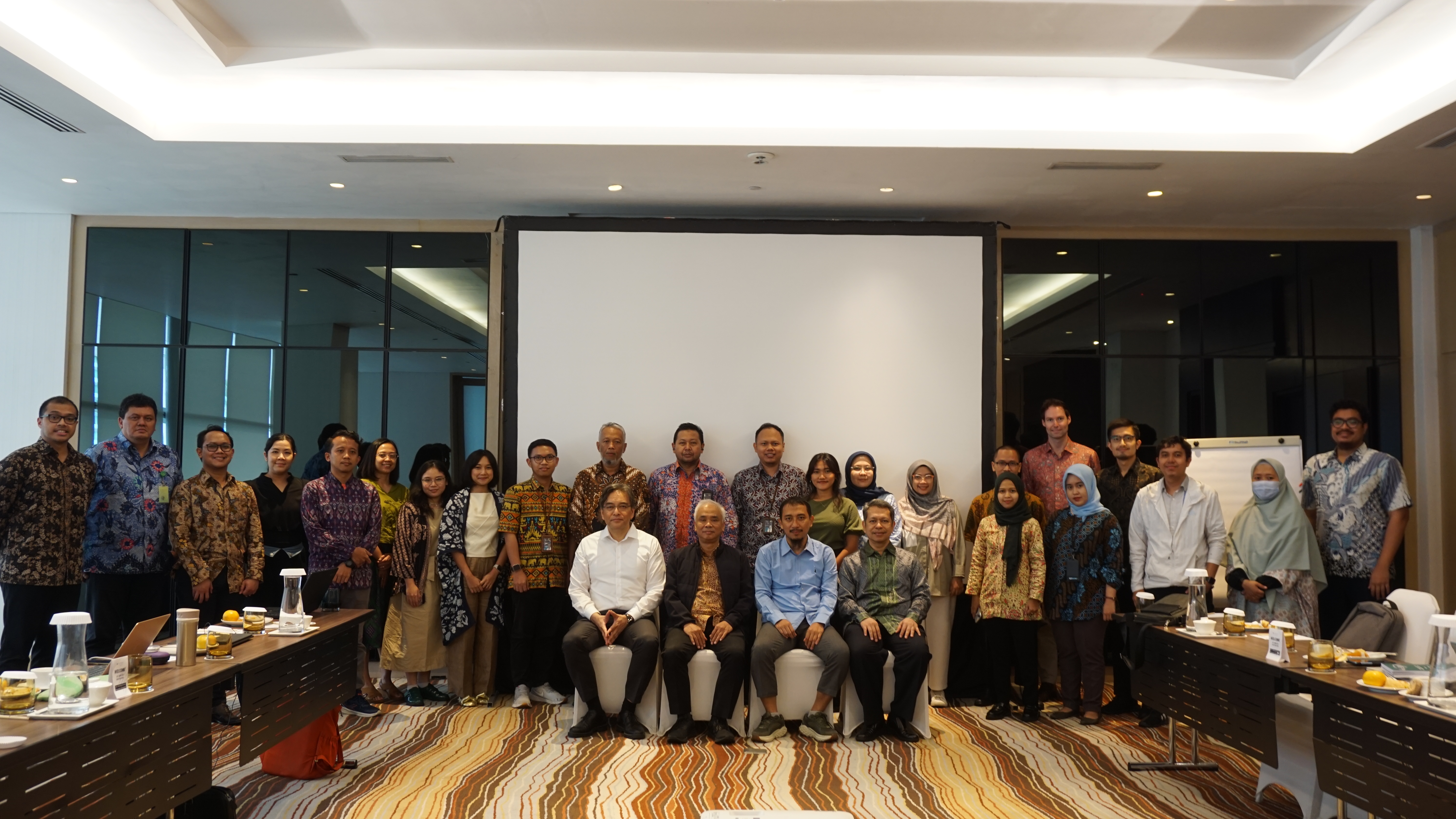Employment Assessment of Renewable Energy: Indonesian Power Sector Pathways
The development and gradual enhancement of countries’ Nationally Determined Contributions (NDCs) have gained considerable attention since the 2016 Paris Agreement, ratified by 189 countries to date. Raising the level of ambition in the NDCs can lay the foundation for limiting the global temperature rise to well below 2°C or even further to 1.5°C to mitigate climate change. Climate mitigation action could generate benefits locally, in addition to the global benefits of the GHG emissions reductions and therefore, could be the catalyst for setting more ambitious NDC targets. Reducing GHG emissions by enhancing renewable energy (RE) generation could also contribute to job creation and become a driving force of countries’ economic growth.
While the potential for job creation in RE has been assessed at the global level, there is an increasing demand for RE employment studies at the national level. Goals of this study include estimating the jobs that can be created by selected RE technologies compared to selected fossil fuel-based technologies, providing estimates of the required investments for achieving NDC RE targets, and identifying and assessing the occupations and skills required by the RE sector for each stage of the value chain. For the results of Indonesia study, please download here




